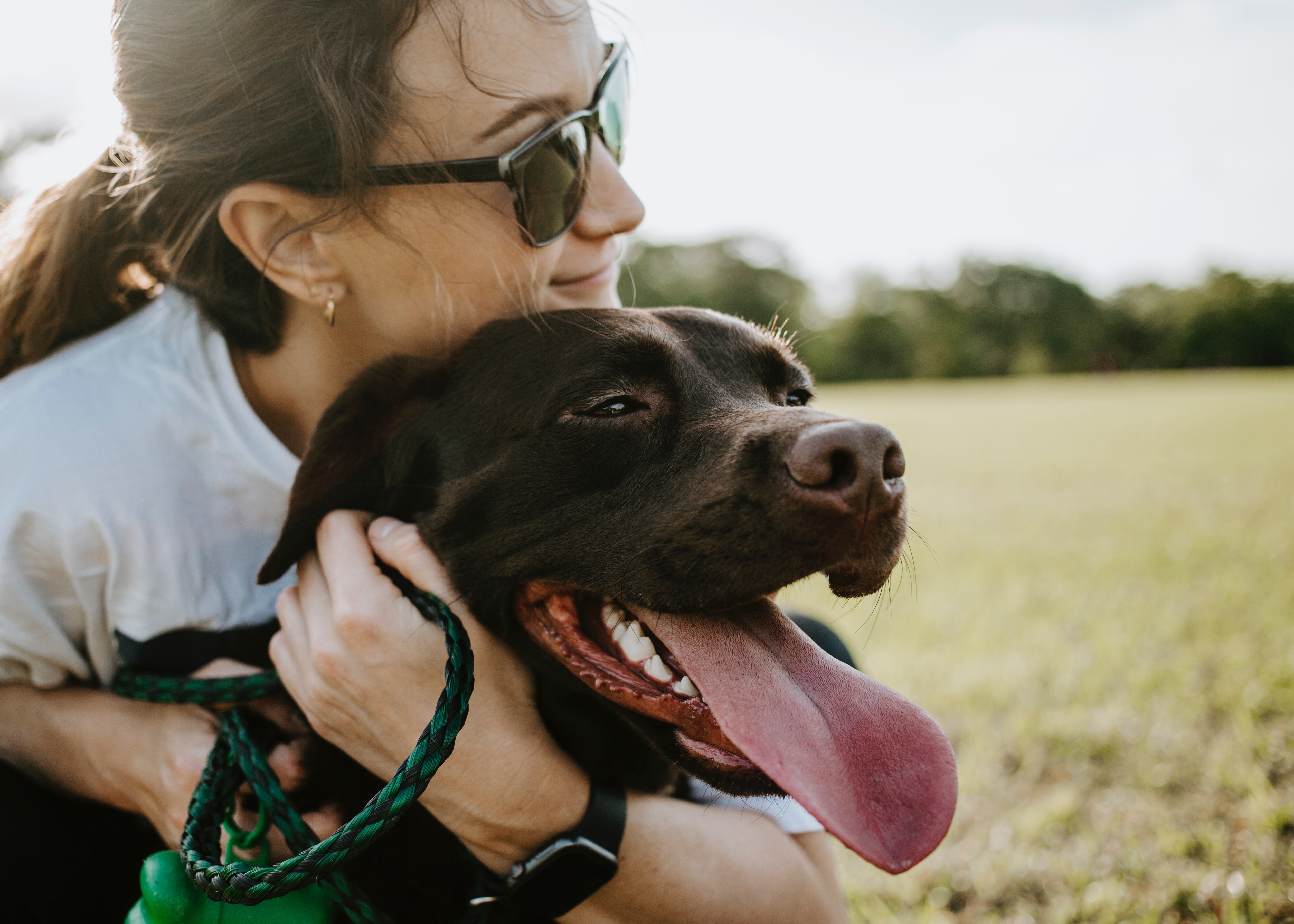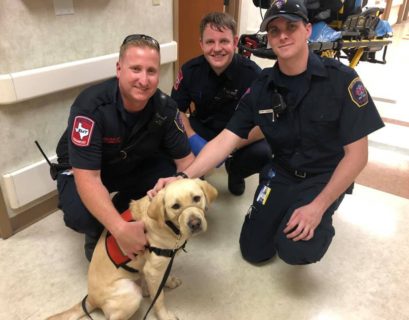It’s something dog owners have always known, but now it’s been quantified: the positive effect on human beings from interacting with dogs. In a recent study by Center for the Human-Animal Bond, College of Veterinary Medicine, Purdue University, and funded by Elanco Animal Health, it was specifically researched as to how service dog recipients and their family members’ psychosocial health and quality of life benefit from having a service dog.
“We wanted to learn about the total impact service dogs may have. It allowed us to investigate the impact on family members,” explained Jessica Bibbo, PhD, research scientist at the Center Research and Education, Benjamin Rose Institute on Aging in Cleveland, Ohio, and one of the authors of the study. “We looked at overall health and well-being of individuals whose family member had a service dog compared to those whose family member was on a wait list for a service dog. We used standardized measures that are used widely in research.”
Tracy Salazar’s family has had a service dog for eight years. Their current dog, Freddy, is a two-and-a-half-year-old golden retriever-Labrador mix. For Salazar, it’s made a huge difference in the life of their family, especially her 26-year-old daughter, who has seizures. “Our dog will come get us when she has a seizure, which is huge, because then I don’t have to be on guard all the time. He takes me back to her and snuggles with her during and after the seizure. The benefit for me has been able to let my guard down and relax a little bit, have some help. The snuggling helps the seizure not be so horrible for the whole family.”
Peace of mind was the largest outcome researchers saw, according to Bibbo. In addition, “people whose loved ones had a service dog had less worry about their loved one’s health. They also had better emotional functioning than those on a wait list. The chronic condition had less of an impact on family functioning when there was a service dog in the home.”
Some areas of life and psychosocial health weren’t affected, at least for family members. “We found that social functioning wasn’t impacted for family members. They weren’t experiencing any differing levels of anger or better sleep or companionship with other people,” says Bibbo. For the service dog recipients themselves, there were impacts in these areas. Bottom line: Results showed that compared to those on a wait list to be matched with a service dog, individuals with a service dog exhibited significantly better psychosocial health, including higher levels of social, emotional, and functioning at work and/or school, according to the official press release.
Each member of the family also seemed to have their own special relationship with the service dog. “We asked family members who lived in the home with the service dog and found that they did have their own bond with the dog,” says Bibbo. Salazar agrees, stating, “My son is playtime. My daughter is snuggle time. Dad is feed me. It’s just totally different.”
These findings can undoubtedly be extended to the human-animal bond between everyday Lab owners and their pets. Many owners would agree wholeheartedly with the study’s results, based on personal experience. “We are big fans of service dogs. It’s a lot of responsibility to have a dog and take them everywhere with you. You need to be ready for that. We just read about the dogs on canineassistants.org, what it would be like, what they could do and decided it was right for our daughter. For the whole family, too, we benefit from having the comfort, medical help, and the bond,” says Salazar.
The complete report, “The Impact of Service Dogs on Family Members’ Psychosocial Functioning,” can be found online. Learn more at celebratethebond.com.






